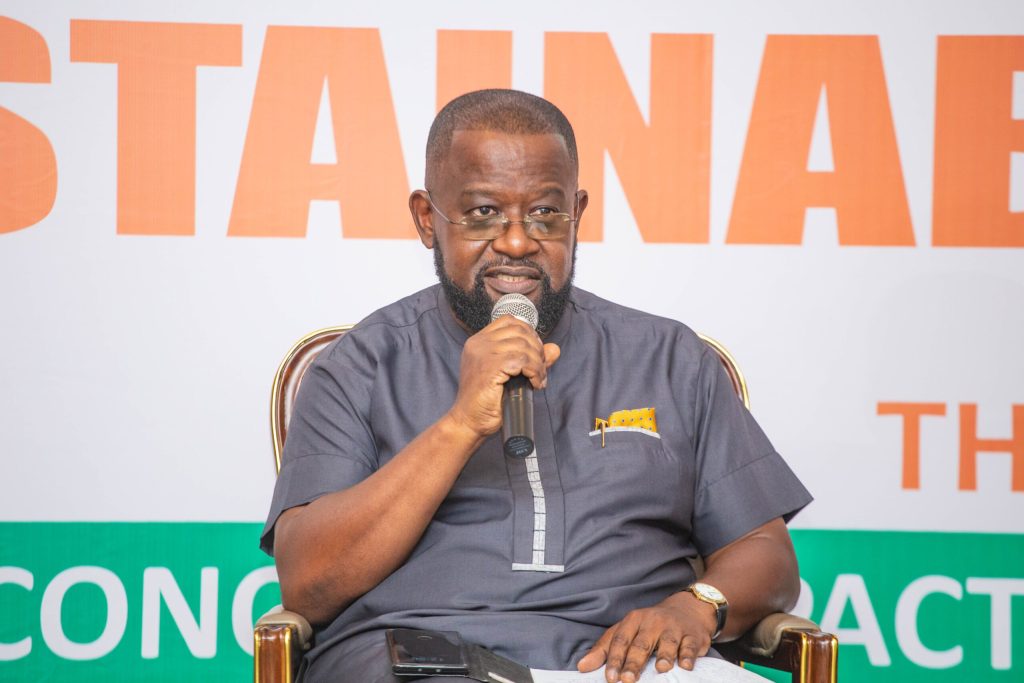Energy expert, Kwame Jantuah, is urging the government to ensure equity in the implementation of the newly introduced fuel levy, insisting that government officials must not be exempt from the surcharge that is being borne by ordinary Ghanaians.
His comments follow Parliament’s recent passage of the Energy Sector Levy (Amendment) Bill, 2025, under a certificate of urgency, which imposes a GHS1 tax per litre of fuel sold across the country. The measure is expected to raise GHS5.7 billion annually to help settle Ghana’s $3.1 billion energy sector debt and procure $1.2 billion worth of fuel for thermal power generation in 2025.
Despite government assurances that the levy will not increase the ex-pump price of fuel, Mr Jantuah, speaking on TV3’s The Key Points programme on Saturday, June 7, said it would be unfair if government appointees continue to use state-funded fuel coupons while citizens bear the full brunt of the new tax.
“Are presidential nominees and government appointees buying fuel from their own pockets? If ordinary Ghanaians are being asked to share this burden, so must those in power,” Jantuah argued.
“They do not feel the pressure that ordinary Ghanaians feel.”
He described the levy as a “necessary evil” but warned that its success depends on transparency, fairness, and shared responsibility.
“Do we have a debt? Yes. How do we pay it? If this were your private business, you’d sit your family down and agree on how to clear it — even if it means selling the car.”
Call for Clarity and End Date
Mr Jantuah also criticised the government’s lack of clear communication about the levy, calling for the inclusion of a sunset clause to specify how long the tax will remain in force.
“Ghanaians will not object to this if we know when it will end. We deserve to know. Will this levy be in place until Kingdom come?”
He urged Finance Minister Dr. Cassiel Ato Forson to clarify how the new fuel levy aligns with the existing Energy Sector Levies Act (ESLA) and whether the new charges will be reviewed periodically.
Government’s Position
The Energy Sector Levy Amendment was signed into law by President John Dramani Mahama on Thursday, June 5, during a brief ceremony at the Jubilee House. The President gave assurances that all proceeds from the levy would be strictly allocated to servicing energy sector debts and improving power supply.
The passage of the bill has drawn mixed reactions, with some welcoming it as a bold move toward energy sector reform, while others view it as another financial burden on already struggling citizens.

